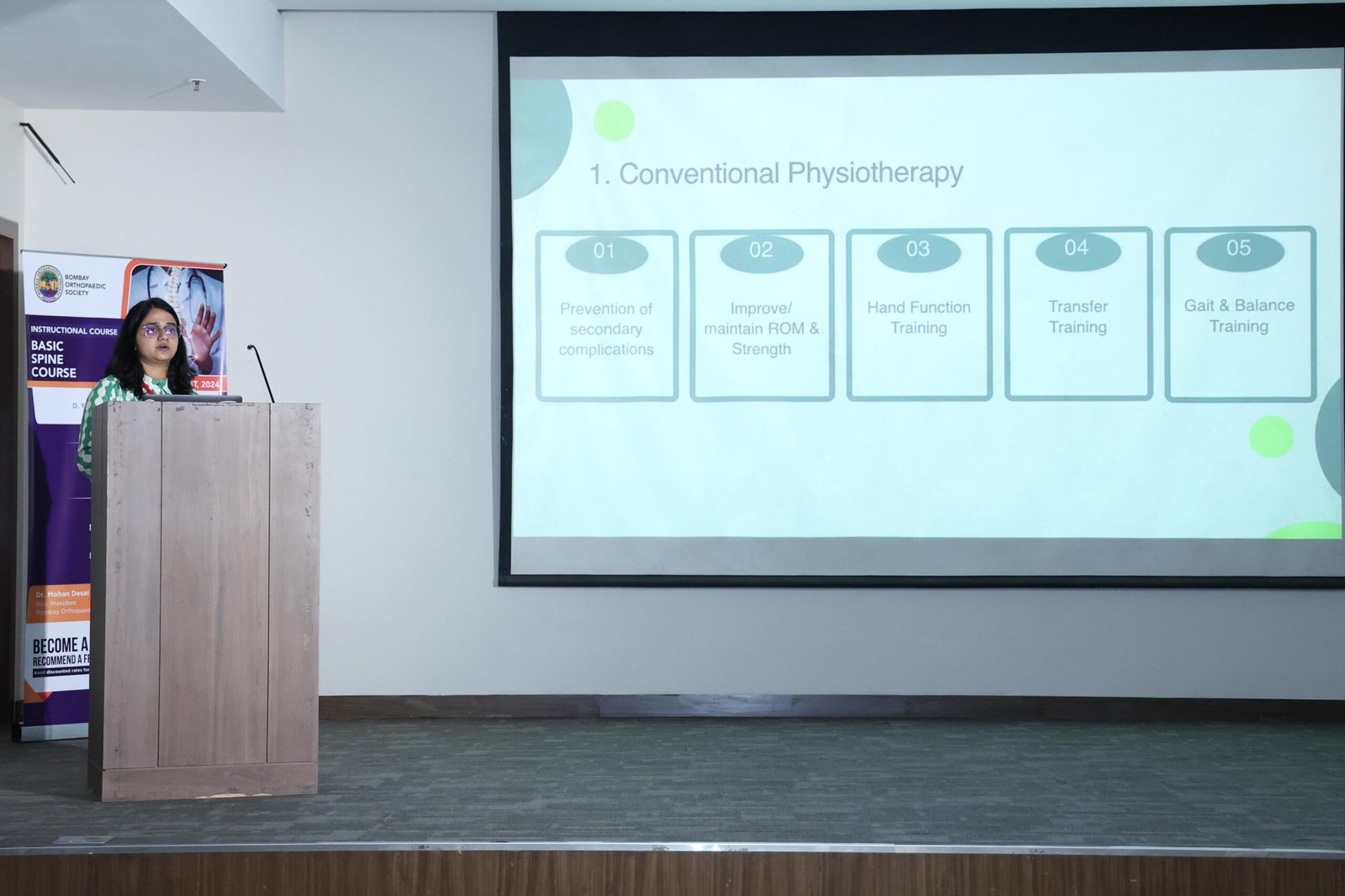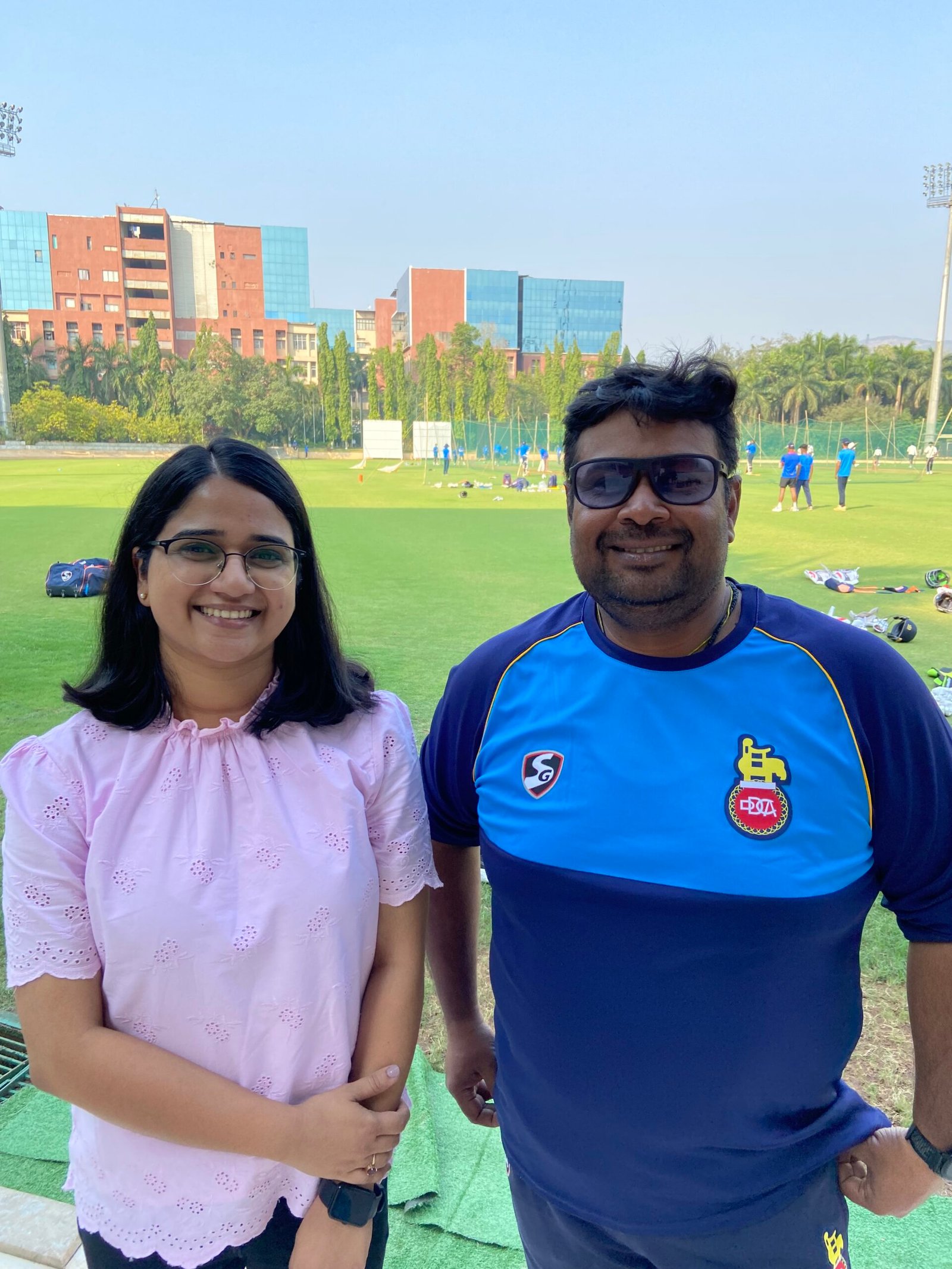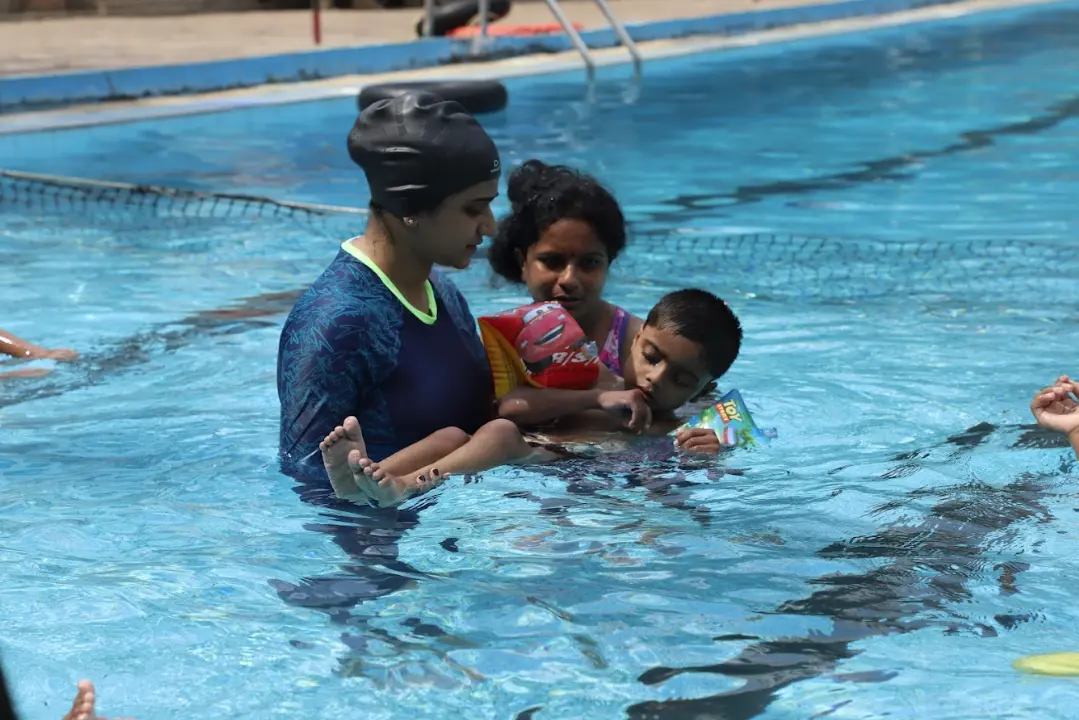
Are you passionate about helping people regain their mobility and independence? Are you intrigued by the anatomy of the human body? Becoming a physiotherapist could be your calling. In India, there is a growing demand for skilled physiotherapists, making it an exciting time to enter this field in the 21st century.
The Path to Becoming a Physiotherapist
To become a physiotherapist in India, you typically need to complete a Bachelor of Physiotherapy (BPT) degree after your 12th grade. This four-year undergraduate program covers essential subjects such as anatomy, physiology, biomechanics, therapeutic exercises, and electrotherapy. After graduation, you can register with the Indian Association of Physiotherapists (IAP) to practice independently, and with the Maharashtra OTPT Council to practice anywhere in Maharashtra.
While a BPT degree forms the foundation, there are tremendous opportunities for further specialization through postgraduate programs such as the Master of Physiotherapy (MPT) and Doctor of Physiotherapy (PhD). These advanced degrees open doors to research, teaching, and specialized clinical practice in fields such as neurology, orthopedics, sports physiotherapy, and more.
Scope of Physiotherapy in India
The scope of physiotherapy in India is vast and ever-expanding. Physiotherapists play a crucial role in various healthcare settings, including:
- Hospitals: Treating patients with orthopedic injuries, neurological conditions, cardiac problems, and respiratory disorders.
- Clinics: Providing outpatient care for musculoskeletal pain, sports injuries, and geriatric rehabilitation.
- Sports Medicine: Working with athletes to prevent injuries, manage acute injuries, and facilitate rehabilitation.
- Home Healthcare: Providing physiotherapy services to patients in their homes, especially for elderly or disabled individuals.
- Academia: Teaching and conducting research in physiotherapy institutions.
- Tele-Consultation: Offering physiotherapy consultations and one-on-one sessions online.
Branches in Clinical Physiotherapy Post-Bachelors:
- Neuro Physiotherapy: Treating patients with neurological conditions affecting the brain, nerves, and spinal cord.
- Orthopedic Physiotherapy: Treating patients with conditions of the muscles, bones, tendons, and ligaments.
- Cardiorespiratory Physiotherapy: Treating patients with conditions of the lungs and heart.
- Sports Physiotherapy: Treating athletes with sports injuries and focusing on their fitness.
- Geriatric Physiotherapy: Treating older adults in their homes, hospitals, or clinics for age-related conditions or general fitness.
- Community Physiotherapy: Addressing occupational-related disorders, particularly in workplace settings, and focusing on women’s health conditions.
With increasing awareness of the benefits of physiotherapy, the demand for skilled professionals is on the rise. Additionally, the growing geriatric population and the increasing prevalence of lifestyle-related health issues create ample opportunities for physiotherapists in India.
Explore our services and check out our Instagram reel on the top 7 things to consider before starting your own clinic!




